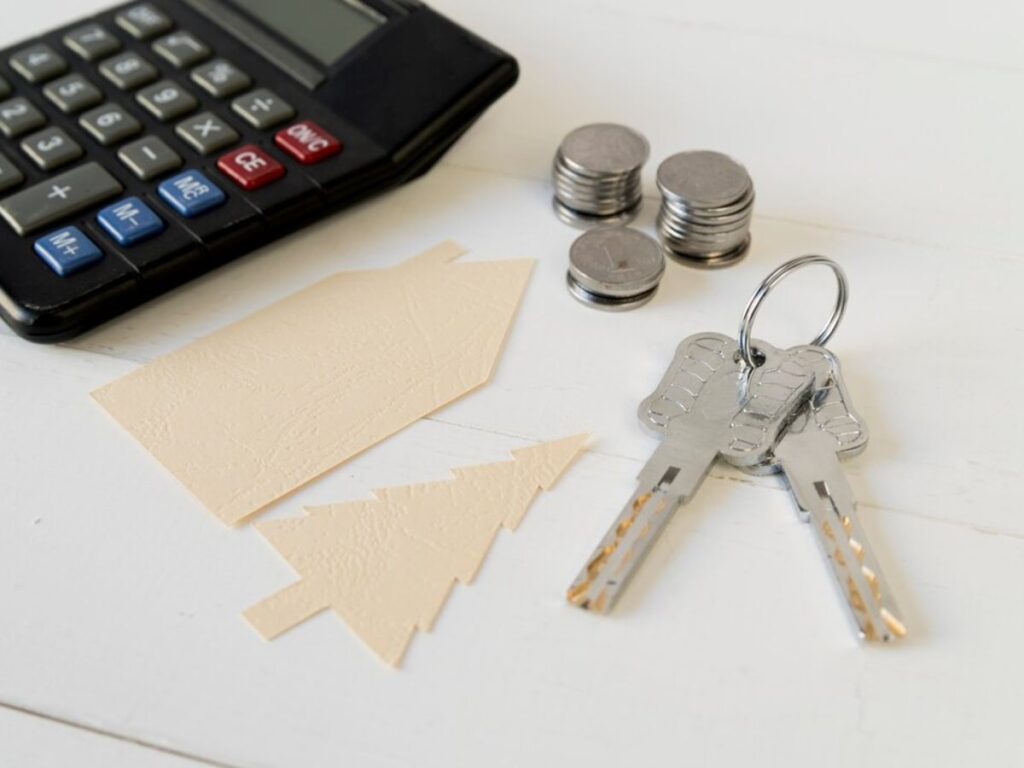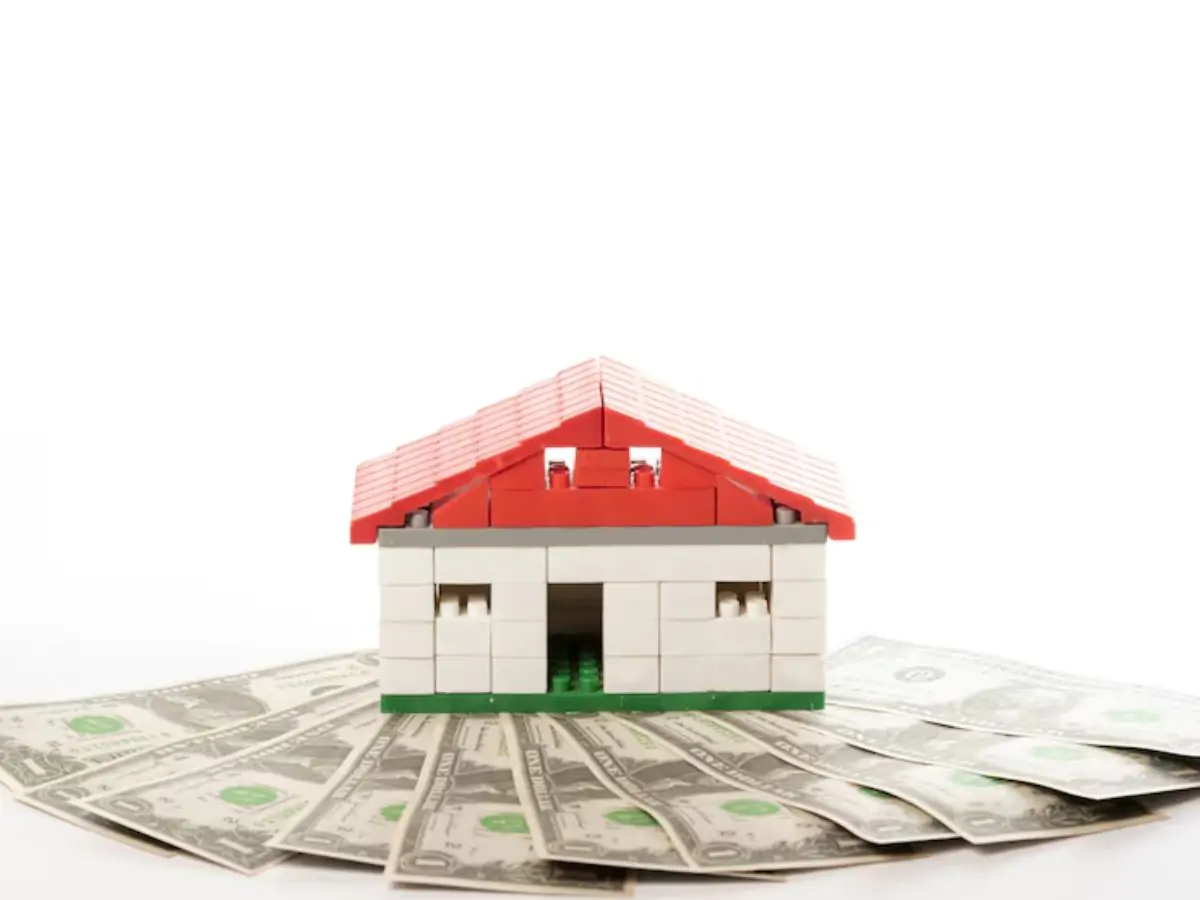
Can You Pay Mortgage With Credit Card? The Pros, Cons and New Options You Need to Know
For years, paying your mortgage with a credit card has been one of those financial taboos like dipping into your retirement savings or buying a boat on a whim. But as the world of personal finance evolves, so do the rules.
Today new tools and services are making it possible to pay your mortgage with a credit card, offering convenience and rewards. But just because you can, does that mean you should?
Paying Your Mortgage With a Credit Card Has Always Been a No-Go
Traditionally, mortgage lenders haven’t been fans of credit card payments. The reason: transaction fees. Every time you swipe a card, the lender has to pay a fee to the credit card company—often as high as 3.5%. For lenders, that’s money they’d rather not part with.
But that reluctance might actually be doing you a favor. Financial experts have long warned against using credit cards to pay your mortgage, and for good reason: credit cards come with sky-high interest rates, way higher than your mortgage rate.
If you can’t pay off your credit card balance in full each month, you could end up drowning in high-interest debt.
Andrea Woroch, a consumer finance expert, puts it bluntly: you run the risk of accruing high-interest debt if you can’t pay your bill off in full. And it could hurt your credit utilization rate and ding your credit score.
Yet some homeowners are tempted to put their mortgage on a card. Because credit cards offer perks like cash back, travel points and other goodies that can feel too good to pass up. It’s tempting to give it a shot.
New Options for Paying Your Mortgage With a Credit Card
If you’re determined to pay your mortgage with a credit card, there are a few ways to do it—but they come with caveats.
1. Cash Advances
You could take out a cash advance from your credit card to cover your mortgage payment. But beware: cash advances usually come with a fee of 3% to 5%, and interest starts piling up immediately. Also, the annual percentage rate (APR) on cash advances is higher than your card’s standard rate. This is an expensive option that’s best avoided unless you’re in a pinch.
2. Third-Party Services
Enter companies like Plastiq, which act as middlemen between you and your mortgage lender. Here’s how it works: You set up an account with Plastiq, link your credit card and they’ll send your mortgage payment to your lender via check, wire transfer or ACH. But Plastiq charges a 2.9% processing fee per transaction. That means if your mortgage payment is $2,000, you’ll pay an extra $58 just to use your card.

3. Rewards Cards for Homeowners
Some companies are getting creative with rewards programs targeting homeowners. For example, the Mesa Homeowners Card lets you earn points on your mortgage payment without actually putting it on a credit card. Instead, you link the bank account tied to your mortgage, and Mesa verifies the payment to reward you with points. It’s a clever workaround but the card comes with a steep 25.24% APR on purchases. It’s not for everyone.
Then there’s the Bilt Mastercard®, which made waves by allowing renters to earn rewards on rent without fees. Now Bilt is expanding its offerings to include mortgage payments. While details are still under wraps, it’s an option worth watching for homeowners who want to maximize rewards.
The Pros and Cons of Using a Credit Card for Your Mortgage
Thus, should you pay your mortgage with a credit card?
The Upsides
- Rewards: If you’re disciplined about paying off your balance every month, you can rack up points, cash back or travel miles without paying a dime in interest.
- Convenience: Consolidating payments onto one card can simplify your life.
- Flexibility: In a tight month, using a credit card could buy you some breathing room—but only if you have a plan to pay it off quickly.
The Downsides
- High Interest Rates: If you carry a balance, the interest charges could far outweigh any rewards you earn.
- Fees: Whether it’s a cash advance fee or a third-party processing fee, these costs can add up fast.
- Credit Score Hit: High credit card balances can hurt your credit utilization ratio, which may lower your score.
The Bigger Picture
Though paying your mortgage with a credit card might seem like a savvy move, the future of credit card rewards is up in the air. Two bills in Washington, D.C., could shake things up. The Credit Card Competition Act seeks to trim swipe fees while another proposal would cap credit card interest rates at 10%.
Supporters argue those changes could cut costs for consumers but opponents warn they could spell the end of rewards programs as we know them.
If credit card companies start earning less, consumers will earn less, says Woroch. And most people earning rewards need to take a hard look at their credit card habits. If you’re paying more in fees and interest than you’re getting back, it’s not worth it.
Conclusion
Paying your mortgage with a credit card isn’t inherently bad, but it’s not a decision to take lightly. If you’re going to do it, make sure you’re using a card with great rewards, paying off your balance in full every month, as well as avoiding unnecessary fees. Otherwise, you could end up trading short-term convenience for long-term headaches.
At the end of the day, the best strategy is the one that works for your budget, not against it. Before you swipe that card, take a step back and ask yourself: is this really worth it?



